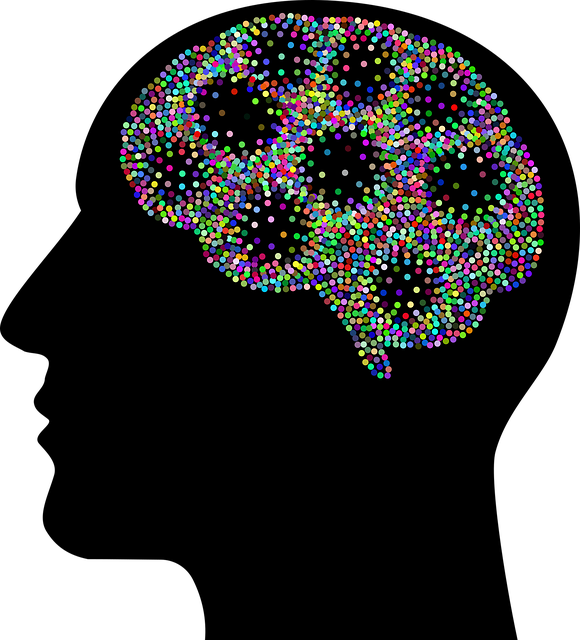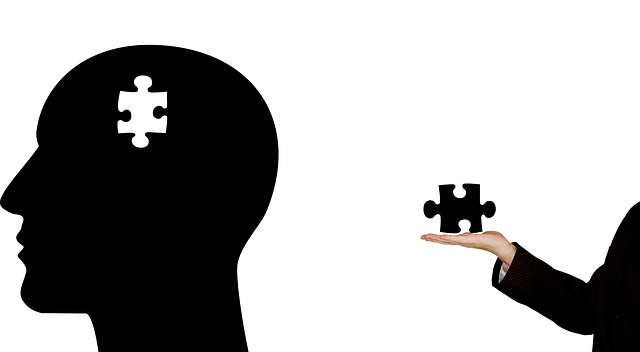Broomfield Couples Counseling Therapy emphasizes cultural competency as a cornerstone of quality healthcare, addressing unconscious biases and stereotypes that impact minority patients' treatment. Through training focused on empathy, communication skills, and mindfulness, therapists navigate diverse backgrounds, improve patient outcomes, and build trust. Innovative immersive programs simulate real-life scenarios, equipping counselors with practical tools to create an inclusive environment, particularly effective in depression prevention.
Healthcare provider cultural competency training is an essential component of modern medical education. In a diverse society, understanding and respecting different cultures is crucial for effective patient care. This article explores various aspects of cultural competency in healthcare, focusing on why it matters, the impact of bias, and practical strategies for cross-cultural interaction. We also present case studies from Broomfield Couples Counseling Therapy, highlighting best practices in cultural competency training.
- Understanding Cultural Competency in Healthcare: Why It Matters for Providers
- The Impact of Bias and Stereotypes on Patient Care
- Developing Empathy and Communication Skills for Diverse Patients
- Strategies for Effective Cross-Cultural Interaction in Therapy Settings
- Case Studies: Best Practices in Cultural Competency Training at Broomfield Couples Counseling Therapy
Understanding Cultural Competency in Healthcare: Why It Matters for Providers

Cultural competency in healthcare refers to the ability of providers to understand and appreciate the diverse cultural backgrounds, beliefs, and values of their patients. It involves recognizing and respecting differences in communication styles, family dynamics, and healthcare practices across various cultures. In today’s diverse society, where patients come from all walks of life, this competence is not just desirable but essential for quality patient care.
For healthcare providers, including those at Broomfield Couples Counseling Therapy, cultural competency means delivering services that are sensitive to individual needs. It helps in reducing stress and improving outcomes, especially for marginalized communities. By incorporating skills like active listening, asking culturally appropriate questions, and tailoring treatment plans to reflect patients’ unique circumstances (including stress reduction methods or community outreach program implementations), providers can enhance emotional regulation and foster stronger relationships with their clients.
The Impact of Bias and Stereotypes on Patient Care

Unconscious biases and stereotypes can significantly impact patient care, potentially leading to misdiagnoses, inadequate treatment plans, and disparities in access to quality healthcare. These biases, often rooted in societal norms and personal experiences, influence how healthcare providers interact with patients from diverse backgrounds. For instance, a study by Broomfield Couples Counseling Therapy revealed that racial and ethnic minorities are more likely to be perceived as having lower self-esteem and poorer coping skills, which can affect the level of care they receive.
Stereotypes can create barriers between providers and patients, hindering open communication. Patients may feel misunderstood or disrespected, leading to decreased trust and a reluctance to share sensitive information. This is especially detrimental in cases where positive thinking and a proactive approach are essential for recovery, such as in mental health treatments offered by Broomfield Couples Counseling Therapy. Addressing these biases through training and education is crucial to ensure every patient receives equitable and compassionate care tailored to their unique needs.
Developing Empathy and Communication Skills for Diverse Patients

Developing empathy and effective communication skills are vital aspects of cultural competency training for healthcare providers, especially in diverse communities like Broomfield Couples Counseling Therapy. Patients come from various ethnic, cultural, and socio-economic backgrounds, each bringing unique perspectives and experiences that influence their health and well-being. Professionals must learn to navigate these differences, ensuring every patient feels heard and understood.
Through social skills training, providers can enhance their ability to connect with individuals from diverse groups. This includes adapting communication styles, actively listening, and demonstrating genuine interest in patients’ lives. By fostering an environment of trust and respect, healthcare workers can alleviate potential barriers to care, leading to better patient outcomes. Moreover, focusing on burnout prevention strategies for healthcare providers, such as integrating self-care routine development for better mental health, is essential to sustain cultural sensitivity over time.
Strategies for Effective Cross-Cultural Interaction in Therapy Settings

In therapy settings, effective cross-cultural interaction requires a nuanced approach that respects and understands the unique backgrounds and perspectives of clients. At Broomfield Couples Counseling Therapy, professionals are trained to create an inclusive environment where every individual feels heard and validated. This involves active listening, where therapists pay close attention to both verbal and non-verbal cues, ensuring they fully comprehend their client’s experiences and concerns.
Additionally, cultivating compassion is a powerful strategy. Therapists can enhance their cultural competency by incorporating self-care practices and mindfulness techniques, drawing on the Mind Over Matter principles. By practicing empathy and embracing diverse cultural perspectives, therapists can better support clients from various backgrounds, fostering open communication and ultimately leading to more successful therapeutic outcomes.
Case Studies: Best Practices in Cultural Competency Training at Broomfield Couples Counseling Therapy

At Broomfield Couples Counseling Therapy, case studies have highlighted innovative approaches to cultural competency training that set a benchmark for industry standards. Their immersive programs emphasize real-life scenarios and role-playing exercises, allowing participants to navigate complex interpersonal dynamics with enhanced empathy building strategies. By simulating diverse client interactions, therapists gain practical communication strategies to address cultural nuances effectively.
The result is a more inclusive therapeutic environment where professionals are equipped to provide tailored care. This hands-on training approach has proven successful in fostering deeper connections and understanding between counselors and clients from various backgrounds, ultimately contributing to better outcomes in depression prevention.
Healthcare provider cultural competency training is a vital tool for improving patient care and outcomes, as demonstrated by best practices at Broomfield Couples Counseling Therapy. By addressing biases and stereotypes, developing empathy, and mastering cross-cultural communication skills, healthcare professionals can navigate diverse patient populations effectively. Implementing these strategies not only enhances the quality of care but also fosters more inclusive and respectful therapeutic environments, ultimately benefiting both providers and patients.














